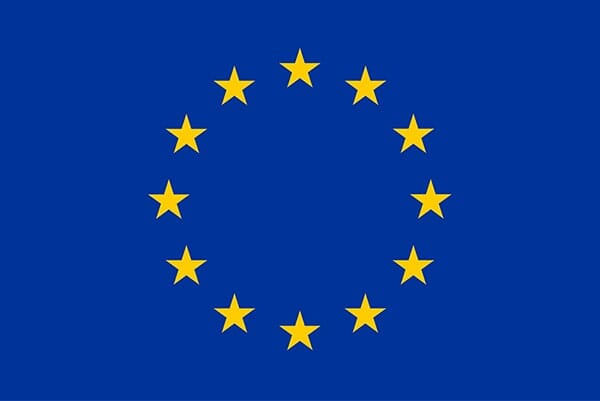Where can I apply for my Schengen Visa?
Do I have to apply from my home country?
Can I apply from a country where I am visiting as a tourist?
The Handbook for the processing of visa applications published by the European Commission provides some examples and clarifications on how the rules can be applied.
For Single entry visas applications:
- If the travel destination is one Member State, that Member State’s consulate must deal with the application
- If the travel destination includes more than one Member State, the application must be dealt with by the consulate of the main destination. The main destination is understood to be the destination where the applicant intends to spend the longest time or where the main purpose of the intended journey is carried out
- If no main destination can be determined, the consulate of the Member State whose external border the applicant intends to cross first must deal with the application.
For Multiple entries visas applications:
Generally, an application for a multiple entry visa should be processed by the Member State that constitutes the usual main destination; i.e. the Member State of the most frequent destination or in case of absence of such a destination, the Member State of the first intended trip.
For Transit visas applications:
- If the transit concerns one Member State, that Member State’s consulate must deal with the application
- If the transit concerns the several Member States, the consulate of the Member State whose external border the applicant intends to cross first must deal with the application.
Can a consulate accept an application from an applicant not residing in the jurisdiction of the consulate?
As a general rule, only applications from persons who reside legally in the jurisdiction of the competent consulate should be accepted. However, an application may be accepted from a person legally present – but not residing – in the jurisdiction of the consulate where the application is submitted, if he can justify why the application could not be lodged at a consulate in his place of residence. It is for the consulate to appreciate whether the justification presented by the applicant is acceptable. “Non-residing applicant” means an applicant who resides elsewhere but is legally present within the jurisdiction of the consulate where he submits the application. “Legally present” means that the applicant is entitled to stay temporarily in the jurisdiction on the basis of the legislation of the third country where he is present either for a short stay or when he is allowed to stay for a longer period of time while maintaining his permanent residence in another third country.
Can a Member State consulate situate in the territory of another Member State examine applications for a visa?
Generally, a third country applicant legally present in the territory of a Member State holds a document allowing him to circulate freely (a uniform visa, a residence permit, a national long-stay visa). However, situations may arise where a person legally present does not hold a document allowing him to travel to another Member State. Under such circumstances, the general rules on competence remain applicable.
Should a Member State consulate accept an application from an applicant traveling to a Member State that is not present or represented in the third country where the applicant resides?
Member States are not obliged to accept visa applications that they are not competent to examine and take decisions on, where the competent Member State is not present or represented. However, Member States shall cooperate to prevent a situation in which an application cannot be examined and decided, a Member State may, in the absence of the normally competent Member State, agree to examine such applications in individual, exceptional circumstances and take a decision on it for humanitarian reasons and after having obtained the agreement of the normally responsible Member State.
What happens when an application has been lodged at a consulate that is not competent to deal with it?
If the consulate establishes that it is not competent to deal with an application after the application has been lodged, this information shall immediately be communicated to the applicant, and the entire application (application form and supporting documents) should be returned as well as the visa fee. The applicant shall be informed of where to submit the application.
Should you have any questions or for case specific information, you are encouraged to contact a Wolfsdorf Rosenthal immigration attorney or reach out to the WR Global Immigration team by emailing Global@Wolfsdorf.com


